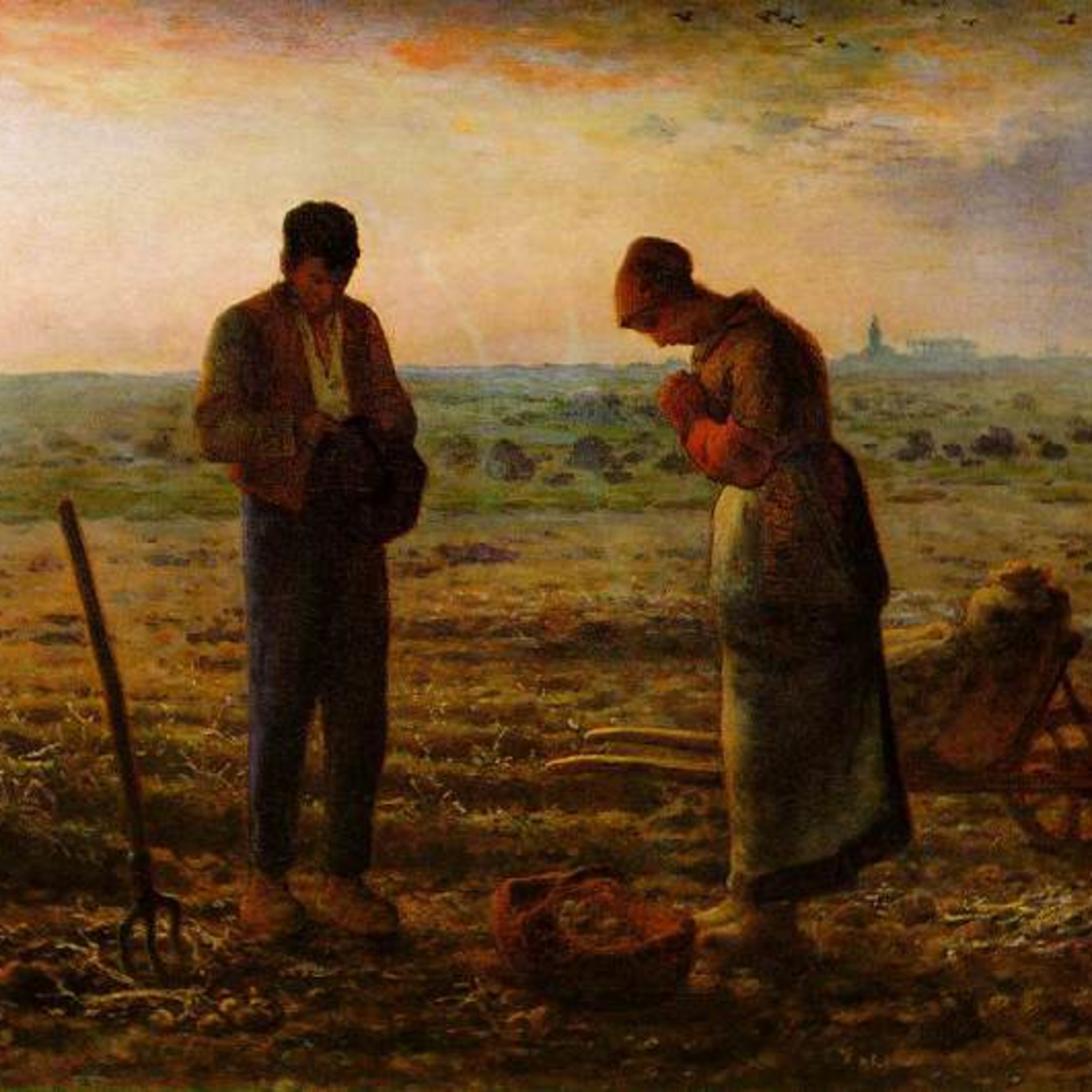 |
Colossians: Power to Endure with JoyAuthor: Ray C. Stedman
Most of the letters that Paul wrote to the churches were written to those that he had started himself. But he did not begin the church at Rome, nor did he begin the church at Colossae. It is not certain who started the church at Colossae, but it is very likely a man mentioned in certain of Paul's other letters -- Epaphroditus, or, since that was too long a name for even the Greeks to say, Epaphras. He is mentioned in this letter as being from Colossae, and is very likely the one who founded the church. Where he had heard the Gospel we do not know, but he had evidently taken it to his own home town and had begun to proclaim Christ. Out of that proclamation had come the church at Colossae. Epaphroditus had gone to Rome to see the Apostle Paul, who was then a prisoner, carrying with him reports of the church at Colossae. Another man had also gone to Rome to see Paul during his first imprisonment, and he too brought reports of the church at Colossae. So it was to these new Christians who had never met the apostle face to face that Paul wrote the letter from Rome. Language: en Genres: Christianity, Religion & Spirituality Contact email: Get it Feed URL: Get it iTunes ID: Get it |
Listen Now...
Where Hope Begins (Colossians 1:1-8)
Sunday, 30 September, 2018
It is with a sense of excitement and anticipation that I begin with you a series of studies in Paul's letter to the Colossians. This is one of the prison letters of the apostle, written, most scholars believe, while he was a prisoner in Rome, although one scholar makes out a good case for an imprisonment in Ephesus. It is not really of any great importance as to where the apostle was when he wrote this letter: the important thing is the message of the letter itself. It was written to a church located in what we now call Turkey, in the Roman province of Asia Minor, about one hundred miles south and east of Ephesus. Near Colossae were two other cities, Laodicea and Hierapolis, located about ten miles apart on the Lycus river.








